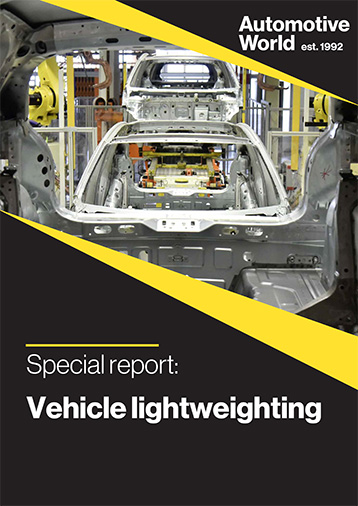“An insider at Ford said that the Mach-E had to hit 300 miles range and a price point. It's 1,300 pounds (lbs) heavier than a regular Mustang. Who cares about weight?,” Andrew Halonen, lightweighting consultant, asks perhaps more jovially than he ought, given his job title. “Joe Consumer is willing to buy a four-door rocket ship [and I get it]. I drove a Tesla once; it's very memorable.”
 |
Fuel economy is not a concern for electric vehicle (EV) drivers. Instead, cost, range and performance are more significant considerations. EVs are where lightweighting takes a back seat.
Subscribe to Automotive World to continue reading
Sign up now and gain unlimited access to our news, analysis, data, and research
Already a member?
